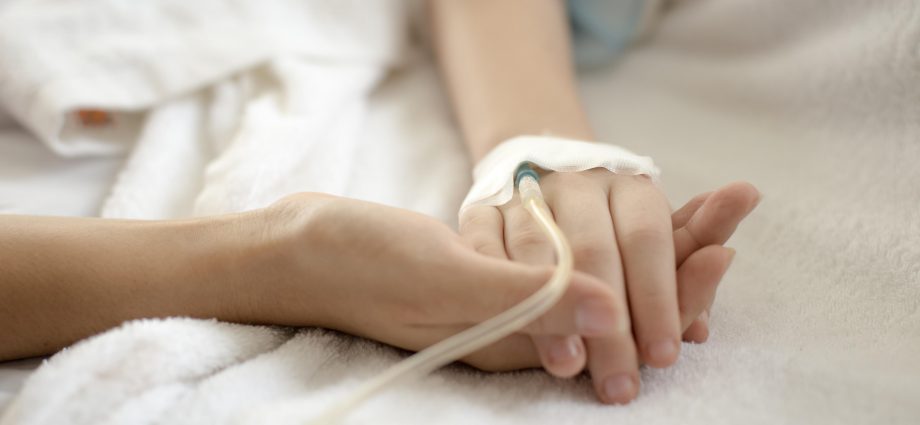TUESDAY, Jan. 9, 2024 (HealthDay News) — It’s an approach that’s becoming more widespread: Receiving hospital-level care in the home.
A new study finds that folks “hospitalized” at home tend to do at least as well as if they’d been checked into a hospital for medical care.
Patients getting hospital-level care at home have low death rates and are not likely to suffer a setback that requires a quick return to the ER, according to a new study in the Annals of Internal Medicine.
“Home hospital care appears quite safe and of high quality — you live longer, get readmitted less often, and have fewer adverse events,” researcher Dr. David Michael Levine, clinical director for research and development with Mass General Brigham’s Healthcare at Home program, said in a news release.
“If people had the opportunity to give this to their mom, their dad, their brother, their sister … they should,” he added.
Hospital-level home care became available to Medicare patients in 2020, when the Centers for Medicare and Medicaid Services launched the Acute Hospital Care at Home Waiver initiative as part of the federal government’s response to the COVID-19 pandemic.
Since then, thousands of patients from 300 Medicare-certified hospitals in 37 states have been treated in their homes rather than in the hospital.
This waiver is set to end in December unless Congress acts, researchers said in background notes.
“For decades, home hospital care has been offered all around the world,” Levine said. “This is an important moment in the United States where we might see a paradigm shift in how we deliver a sizeable portion of health care.”
Thanks to technological advances, hospitals can provide an unexpectedly wide array of services at home, according to the American Hospital Association.
People can receive X-ray imaging and sophisticated heart scans at home, be treated with intravenous medicines, have samples drawn for lab tests, and receive meals and medicines delivered to their bedside.
For this study, Levine and his colleagues decided to examine how well patients nationwide have fared receiving hospital care at home.
They analyzed the Medicare claims of nearly 5,900 patients across the United States who received home care under the waiver program. The claims were filed between July 2022 and June 2023.
The patients treated at home were some pretty sick folks, with medically complex conditions, researchers found.
About 43% had heart failure, another 43% had chronic obstructive pulmonary disease (COPD), 22% had cancer and 16% had dementia.
Nevertheless, researchers found a 0.5% death rate among the patients treated at home, and only about 6% had to return to the hospital for care, results show.
At-home patients also did well after their home care ended.
Within 30 days of discharge from home hospitalization, about 3% needed to be checked into a nursing facility, another 3% died, and about 16% required readmission to a hospital.
Those numbers are even better than those from clinical trials that Brigham Health conducted in 2018 and 2020 of a pilot home hospitalization program it had launched.
Those trials found that the 30-day readmission rate for home hospital patients was 7% versus 23% for hospitalized patients, according to an American Hospital Association fact sheet. Only 7% of home patients had to be rushed to an ER.
“There are a number of reasons we think hospital-level care is better at home,” Levine said.
People have an easier transition when their hospitalization ends “since we show patients how to take care of themselves right in their homes, where they are also more likely to be upright and move more,” he said.
Delivering a person’s medical treatment at home also provides health care professionals a glimpse into their lives – including things that might be making their health worse.
“For example, we can discuss a patient’s diet right in the kitchen or link a patient with resources when we see the cupboards are bare,” Levine said.
The study also found that outcomes for at-home hospital care did not differ based on a person’s race or ethnicity, or whether they were disabled.
“It was reassuring to see that there were not clinically meaningful differences in outcomes across marginalized populations, because we know that there are massive disparities in outcomes for traditional hospitalization,” Levine said. “This suggests home hospital can really reach a diverse group of patients and families.”
The findings were published Jan. 8.
More information
The American Hospital Association has more about hospital-at-home care.
SOURCE: Mass General Brigham, news release, Jan. 8, 2024
Copyright © 2026 HealthDay. All rights reserved.

